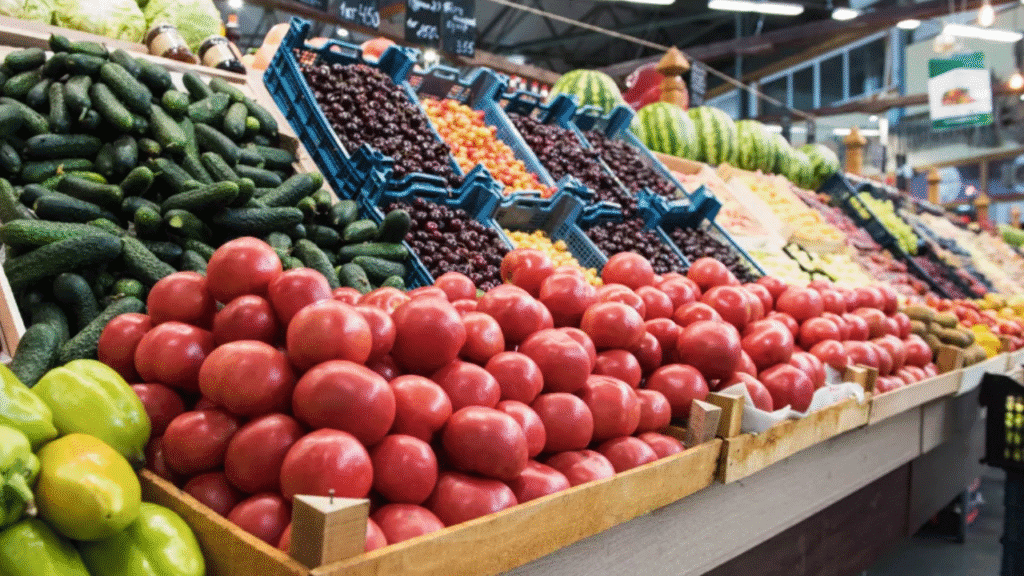Small Grocers Brace for Dim Future as SNAP Payments Lag
Minnesota’s small-town grocery stores are facing an economic crisis as delayed and reduced Supplemental Nutrition Assistance Program (SNAP) benefits leave families unable to shop for essentials. With fewer dollars flowing into local businesses, grocers warn of “a very dim future” if the payment situation does not improve soon.

Economic Ripple Effects in Rural Communities
SNAP benefits aren’t just vital for household food budgets—they are a major financial driver for rural grocers, who rely on consistent sales from customers dependent on federal food aid. Recent lags and cuts in payments have forced many stores to slash orders, lay off staff, and brace for possible closures. “When SNAP is delayed or reduced, we lose more than just customers,” said one owner. “The whole local economy feels the impact.”
Families and Store Owners Express Urgency
For low-income families, the delays mean tough decisions at the checkout counter, fewer fresh items, and growing uncertainty. Store managers report seeing longtime customers struggling just to afford basic staples, placing added pressure on tight-knit communities to fill the gap when federal systems break down. Owners say if the delays continue, Minnesota could see permanent losses of essential corner stores, pushing residents to drive long distances for even basic groceries.
Policy Change and Immediate Relief Needed
Local business leaders and advocates are urging state and federal officials to urgently address the SNAP backlog, with calls for policy solutions and faster payments. For Minnesota’s small-town grocery stores—and the communities they serve—a stable SNAP program remains a lifeline, and immediate action may be their only hope.
